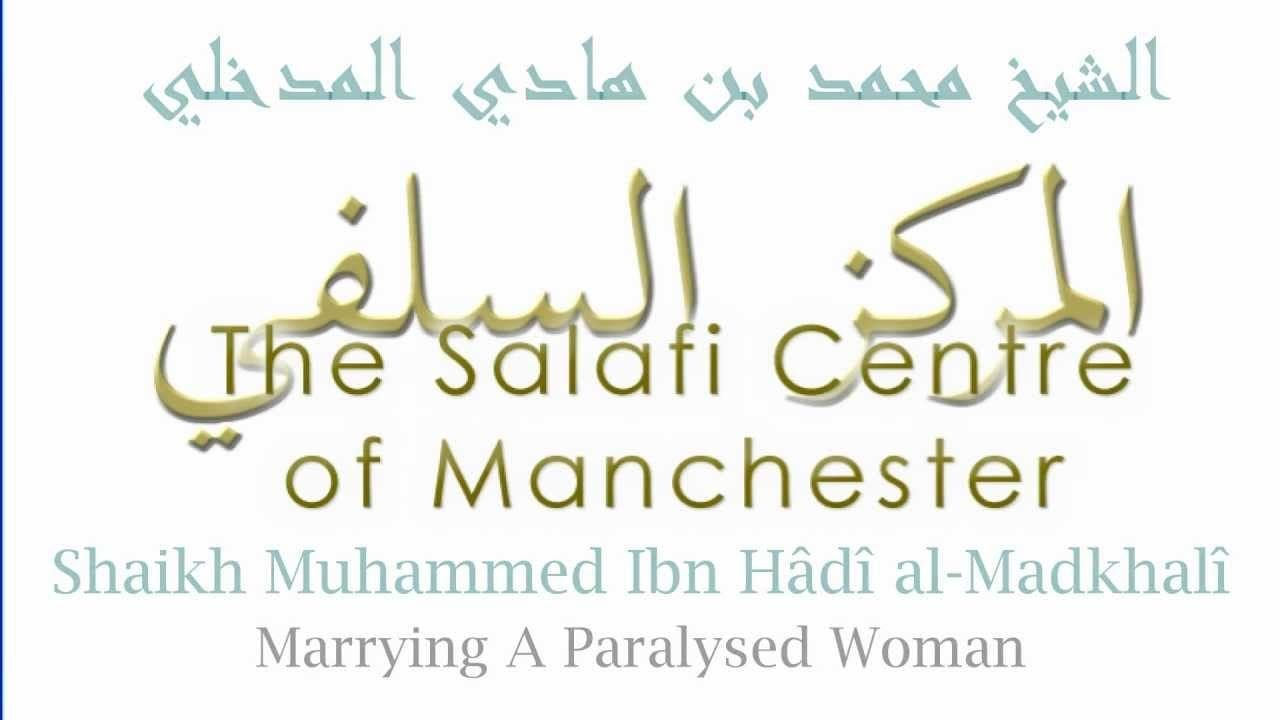Students And Refutations – Shaikh Ahmad As-Subay’ee
Question: Shaikh, I have a question concerning the issue of refuting the one who has erred. Is it incumbent upon the student of knowledge or the well-grounded student of knowledge to refer back to the scholar or senior scholars before warning against a specific individual, hizbee group/organization or innovators (in general)? Does he have to refer back to the scholar before warning?
Answer: Shaikh Rabee’ (may Allah Preserve him) was asked about this and his answer can be found on Sahab (i.e. www.Sahab.net) and perhaps you know of it. So he was asked about this issue, and he answered it and his answer was correct. This issue is not one (meaning it’s not the same across the board and in every situation). There are issues that are obvious, clear, and apparent of which the student of knowledge could clarify if he has the ability to do so; so one aspect would be linked to one who’s disapproving and clarifying level of knowledge, another to his ability and another to his resolve to be patient upon enduring harms. Another consideration would be his contemplation on the specific positive and negative ramifications which would necessitate decisive and specific actions, statements and judgments. So contemplation on the benefits and harms which (would translate into) direct and decisive action (is required); this would be established by the refutation or the one making the refutation. Especially, if the issue is a knowledge-based issue that the people of knowledge have already spoken about. In this case, there would be nothing preventing (the student of knowledge from boycotting and warning). Boycotting and warning are taken from the Islaamic legislation (i.e. from the Sharee’ah). [end of quote]
The following is a question raised to our noble shaikh Ahmad an-Najmy رحمه الله concerning the role students of knowledge play in clarifying the truth:
إذا فيجب على طلاب العلم أصحاب المعرفة ، الذين عرفوا المنهج السلفي ، وعرفوا المناهج الأخرى ، يجب عليهم أن يبينوا لغيرهم ، وأن يقولوا ،وأن يتكلموا ، وأن يلقوا الخطب ، وأن يوضّحوا في كل مقام ،وفي كل مناسبة الحق ،الذي يجب أن يتّبع والباطل الذي يجب أن يترك ، ويجتنب ، أما الذين سكتوا عن بيان الحق للناس ، فإنهم لا يعذرون بسكوتهم ، ولو قالوا : نحن لسنا معهم ، فإنهم لا يعذرون ، حتى ولو قالوا : نحن لسنا مع أهل هذه الأحزاب الضّالة عن طريق الحق ، إلا أن ينكروا ماهم عليه من الضلال .
“Therefore, it is binding upon the students of knowledge – the people of understanding – the ones who know the salafi methodology, and they know concerning the other methodologies, it is binding upon them to clarify to others, and that they state and speak and deliver sermons (khutba) and that they clarify in every situation and at every suitable opportunity the truth, the truth which is binding to be followed and the falsehood that is binding to be abandoned and avoided. As for those who are silent upon clarifying the truth to the people then they are not excused due to their silence and even if they say “we are not with them” (i.e the hizbiyyoon, as is apparent upon reading the text of the full question which relates to the groups). So they are not excused even if they say “we are not with the people of these misguided groups from the truth, except that they reject and rebut that which they (the misguided groups) are upon in terms of misguidance)”.
Author: Shaikh Ahmad As-Subay’ee (hafithahullah)



